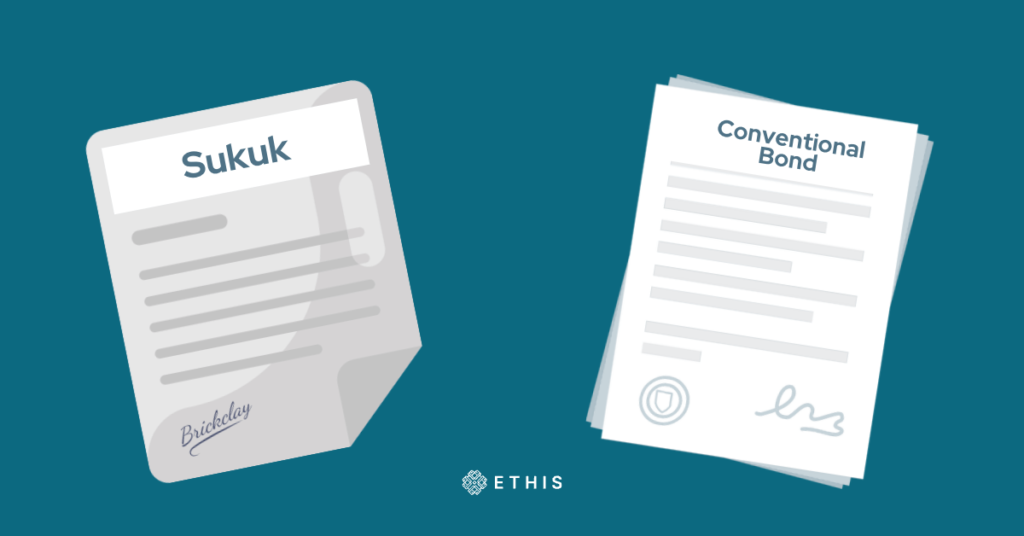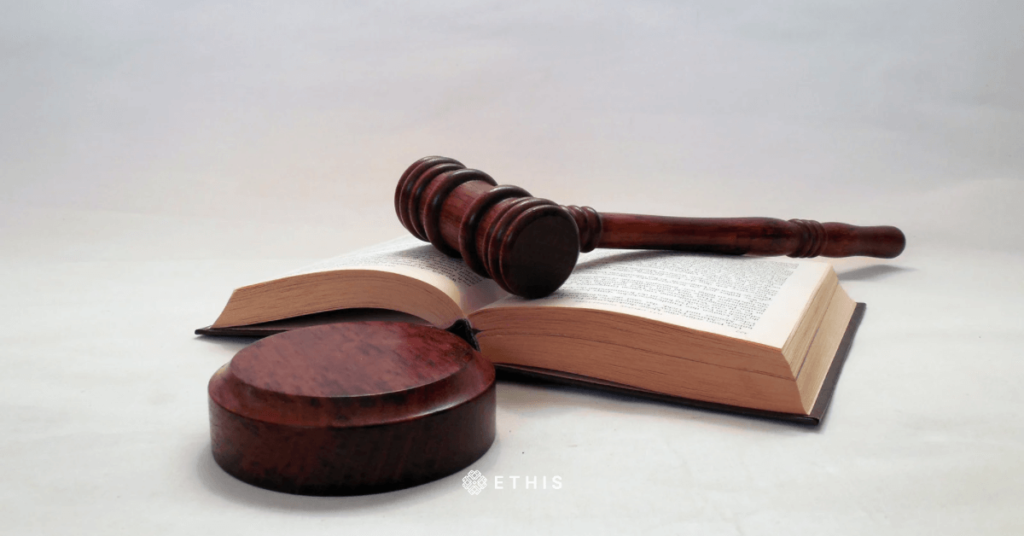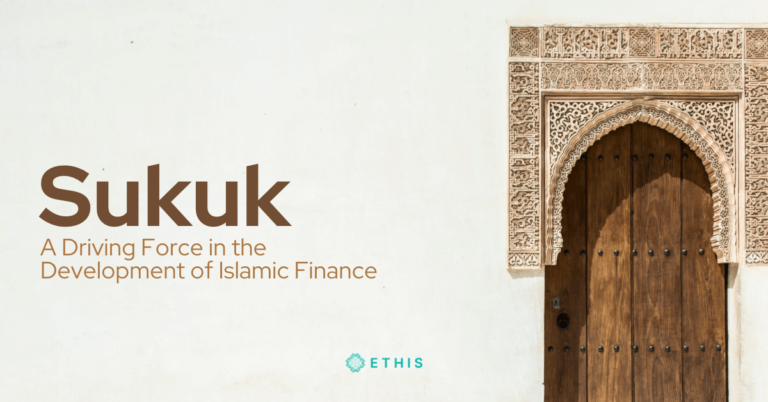
By Dr Faraz Umair Afzal
According to the most recent findings released by the Islamic Finance Development Report, Islamic finance is a trillion-dollar market that is projected to reach the level of $3.69 trillion by 2024 (ICD, 2020). This increase is heavily dependent on a capital market instrument called “Sukuk”. Sukuk is issued by the government and private entities to raise capital for various investment and equity-based projects. In return for those investments, the participants or the Sukuk holders get profit as per agreed terms and conditions.
Sukuk is the Islamic form of bond. As the name suggests, sukuk is protected by Islamic laws and principles as per shariah. The opposite of the sukuk is the conventional bond that is giving stiff competition to Islamic bonds due to a higher rate of return and is structured according to the fluctuation of the demand and supply and according to the need of the markets. The type of leverage conventional bonds have is not the case with Islamic bonds. Before stating the difference, it is important to highlight the meaning of the sukuk and its structure.
What is Sukuk?
According to the Accounting and Auditing Organization for Islamic Financial Institutions (AAOIFI) Sukuk is an Islamic bond mainly issued for long-term investment. Sukuk is asset-based, asset-backed, or a pool of diversified assets. The asset might be tangible, intangible, or services. The risk of return is passed to the sukuk holder that is not fixed. However, according to legislation, the capital of the sukuk amount is guaranteed. A Sukuk is issued for different maturity periods at different face values, having a repayment period of 5-10 years.
Different types of Sukuk


Sukuk will be issued depending on the nature of the contract. Some can be traded in the secondary capital market like Ijarah while some have restrictions like Istisna and Murabaha because they are similar to the debt certificate. At the time of issuance, no asset is created. However, there are different types like:
- Sukuk-al-Istisna
- Ijarah Sukuk
- Musharakah
- Murabaha Sukuk
- Istithmar
How does Sukuk work?
Mainly, there are two parties involved in a simple sukuk structure. One is the issuer, who raises funds and the other is the investor also called sukuk holder. We will explain the process step by step, to give a better understanding of the flow.
Differences between sukuk and conventional bond


Islamic sukuk has been able to capture a good proportion of the capital market due to its resilience against market shocks. The importance of the Islamic sukuk became much highlighted after the financial crisis of 2008. It was one of the biggest financial crises due to subprime mortgages where big financial banks, investment, and wealth management companies made investments without making any tangible pledge.



Sukuk backed by asset vs debt instrument
The income of the sukuk is derived from its asset-based and asset-backed features. Asset-based is where the shareholder has no right to the asset but has the risk with the originator. The sukuk holder is considered to be the creditor. In the case of the sale of the sukuk, the investor will get the face value of the investment, the principal amount.
The other option is the asset-backed sukuk which is less used due to regulatory factors, and the legislation issues related to the title of the asset. In the asset-based sukuk, the sukuk holder has complete control over the asset, the sukuk holder is considered to be the owner of the asset.
In the case of a conventional bond, this difference is quite significant. Conventional or interest-based bonds are not backed by assets and the investor has no trace of the investment. The bonds are just monetizing over the investment like a debt instrument.
Shariah screening method vs artificial law


Taqi Usmani states in his article “Sukuk and its contemporary applications” that not all the sukuk are as per Shariah principles and guidelines. Various international regulatory authorities like AAOIFI have issued standards for instruments to be used for the capital market.
F. Habib in his ‘Revisiting the AAOIFI Shariah Standards Stock Screening Criteria’ also identified AAOIFI standards for stocks in his article that also includes the Sharia screening process for Sukuk. This criterion comprises three main parts: one is the nature of the business that has to be legal as per Islam. Secondly, the compliance filters that include the interest income to the total income of the company. Finally, the ability to trade filters that has the characteristics of threshold to be maintained of illiquid assets to total assets.
Conversely, there is no such rule of thumb in the case of conventional bonds, the product structure being composed as per the nature of the market, the demand, and the supply factor. There is no such screening method that can signify the financial and non-financial aspects of an interest-based instrument.
Risk-based return vs fixed return
In conventional bonds, the rate is fixed, the holders get a fixed rate return periodically and the capital is also guaranteed. It means the bondholder is not subject to any risk that is associated with the bond. Due to the pre-determined rate of return, the owner of the bond is not required to pay more than the agreed ratio.
Islamic bonds have faced issues because the return is not fixed. A much-traded sukuk is Ijarah sukuk which gives a fixed or variable return as per the movement of the asset.
Guarantee of the principal
The issuer of the sukuk cannot ensure the principal at maturity because of the risk he takes. However, this option is available and Shariah-compliant if a third party gives that kind of guarantee. Only the guarantee of the principal is allowed but not the guarantee of the profit of return.
This is the opposite scenario in the case of conventional bonds where the borrower-lender relationship allows the issuer of the bond to ensure the interest and the return of the investment at the maturity of the bond. Both parties are not subject to any risk.





Top Posts
Islamic P2P Crowdfunding Explained
How to Earn Halal Money? The Money Mindset
Halal Investments for Singapore Muslims? It’s time for a shake-up in the Islamic Investments scene.
Smart investment for making Halal money
3 Reasons Why Property Crowdfunding is the Smart Investment for You